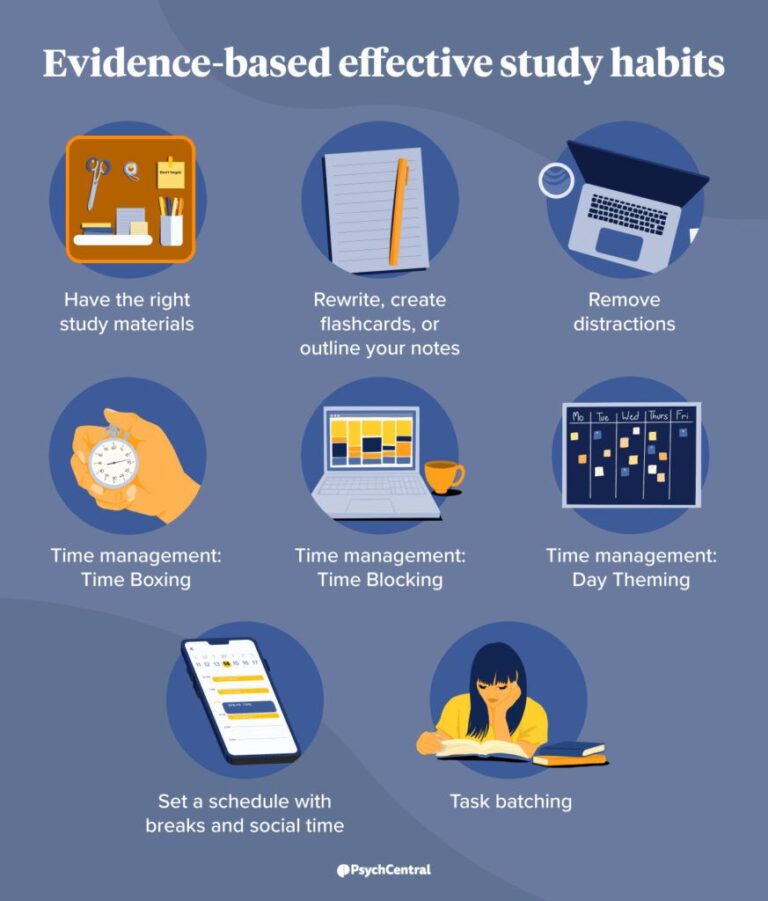The Importance of Early Childhood Education: Shaping the Future of Our Children
Early childhood education (ECE) plays a crucial role in the development of young children, influencing their cognitive, social, and emotional growth. It serves as the foundation for all future learning and sets the stage for lifelong success. In today’s fast-paced world, it’s more important than ever to ensure that children are provided with a solid educational start. The early years of a child’s life are critical for brain development, and quality early childhood education helps unlock their full potential. This article explores the importance of early childhood education, how it benefits children, and why investing in it is vital for the future.
Early Childhood Education Builds a Strong Foundation for Lifelong Learning
The first few years of life are when the brain undergoes rapid development. Early childhood education provides young children with the tools they need to succeed academically and socially. Research shows that children who attend quality early childhood programs are more likely to perform better in school, develop stronger language skills, and have better social interactions with peers. The foundational skills children learn in early education—such as problem-solving, self-regulation, and emotional intelligence—serve as the building blocks for lifelong learning.
These early experiences not only enhance cognitive development but also encourage curiosity and a love for learning, which are crucial for academic success throughout their lives. In a rapidly changing world, a solid educational foundation ensures children are prepared for the challenges ahead.
The Role of Early Childhood Education in Social and Emotional Development
Beyond cognitive development, early childhood education plays an essential role in fostering social and emotional skills. At this stage, children are learning to interact with others, build relationships, and navigate social situations. They are developing self-confidence, empathy, and resilience—skills that are critical for success in both personal and professional relationships later in life.
Through activities like group play, collaborative learning, and conflict resolution, children in early education programs learn to manage their emotions, express themselves effectively, and work as part of a team. These experiences help develop a sense of self-worth and social competence, which can lead to better outcomes in later years, including improved mental health and reduced likelihood of engaging in risky behaviors.
The Economic Benefits of Early Childhood Education
Investing in early childhood education not only benefits the child but also has long-term economic advantages for society. Studies have shown that quality early education leads to higher graduation rates, lower crime rates, and a more productive workforce. Children who attend early childhood programs are more likely to become successful adults, contributing positively to the economy.
Additionally, the cost of not investing in early education can be substantial. Children who lack access to quality early education are more likely to struggle in school and face higher rates of unemployment and poverty as adults. By investing in early childhood education, society helps break the cycle of poverty and reduces the need for costly interventions later in life, such as remedial education or criminal justice involvement.
The Importance of Access and Equity in Early Childhood Education
While the benefits of early childhood education are clear, access to high-quality programs is not equally available to all children. Children from low-income families or underserved communities may face barriers to accessing quality early education, which can impact their overall development. Addressing these disparities is crucial for creating an equitable educational system and ensuring that all children have the same opportunities to succeed.
Policymakers and educators must work together to ensure that quality early childhood education programs are accessible to every child, regardless of their background or economic status. Expanding access to ECE not only helps close achievement gaps but also ensures that children have the same opportunities for success, regardless of their circumstances.
Early Childhood Education and the Future Workforce
As technology continues to advance and industries evolve, the skills required for future jobs are also changing. Early childhood education helps children develop the critical thinking, creativity, and adaptability that will be essential in the future workforce. By providing children with the skills they need to think critically, solve problems, and adapt to new situations, early childhood education plays a vital role in preparing the next generation for the challenges and opportunities they will face.
Investing in early childhood education now ensures that future workers are equipped with the skills needed to thrive in a rapidly changing job market. By focusing on these early years, we are building a workforce that is not only well-prepared but also capable of leading innovation and driving economic growth.
Frequently Asked Questions
1. Why is early childhood education so important?
Early childhood education lays the foundation for cognitive, social, and emotional development. It helps children develop essential skills for future academic success and provides the tools they need to navigate social interactions and emotions.
2. What are the benefits of early childhood education for society?
Investing in early childhood education leads to long-term economic benefits, such as higher graduation rates, reduced crime rates, and a more productive workforce. It also helps break the cycle of poverty by providing children with the skills and opportunities they need to succeed.
3. How does early childhood education impact social and emotional development?
Early childhood education helps children develop important social and emotional skills, including empathy, self-regulation, and communication. These skills are crucial for building strong relationships and managing emotions throughout life.
4. What challenges exist in accessing early childhood education?
Access to quality early childhood education is not always equally available, especially for children from low-income families or underserved communities. Addressing these disparities is key to providing all children with the opportunity to succeed.
5. How does early childhood education prepare children for the future workforce?
By fostering critical thinking, creativity, and adaptability, early childhood education equips children with the skills needed to succeed in a rapidly changing job market. It prepares them to face future challenges and thrive in a dynamic, technology-driven world.

